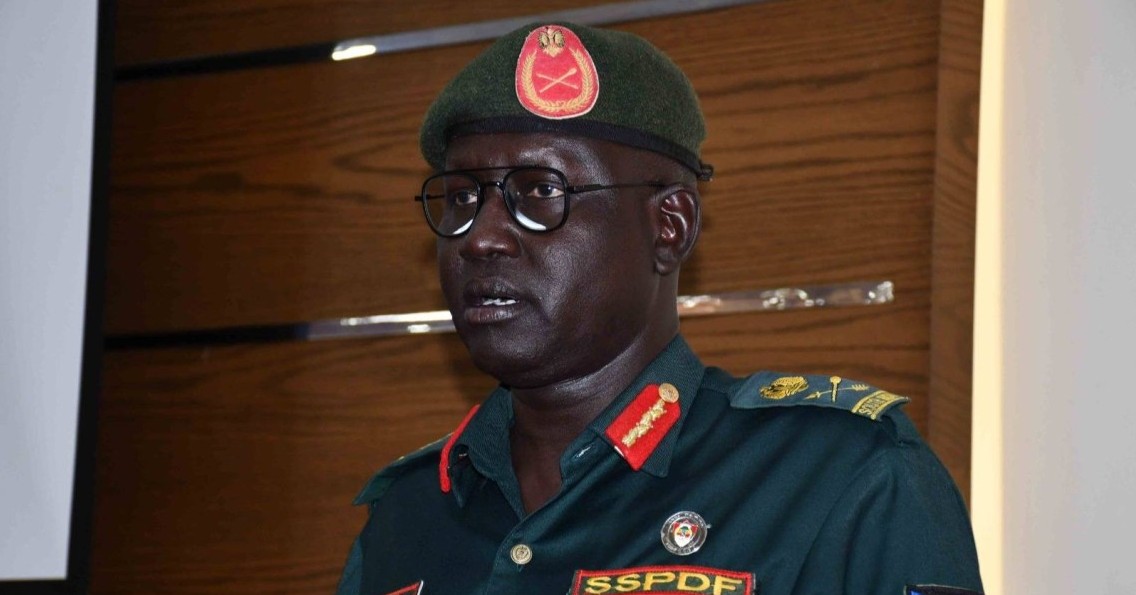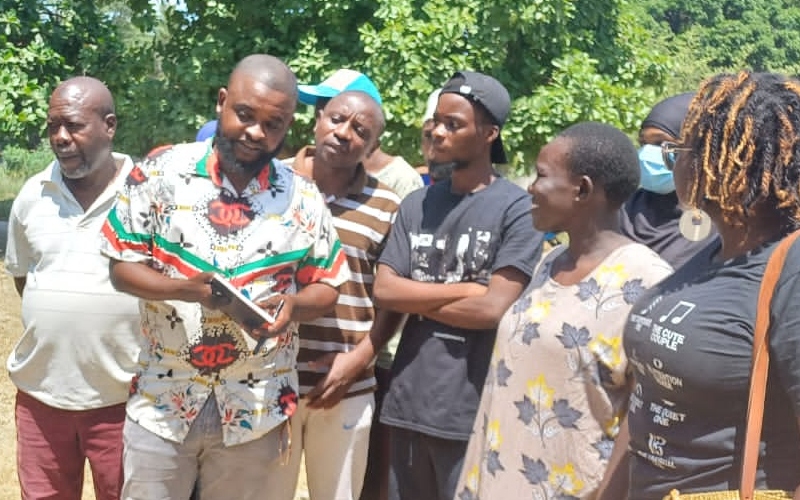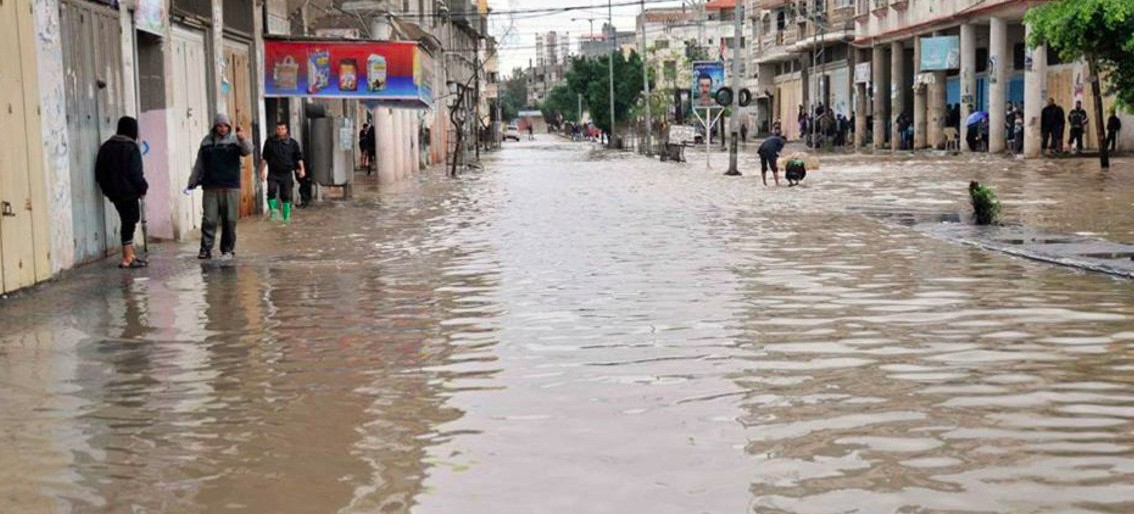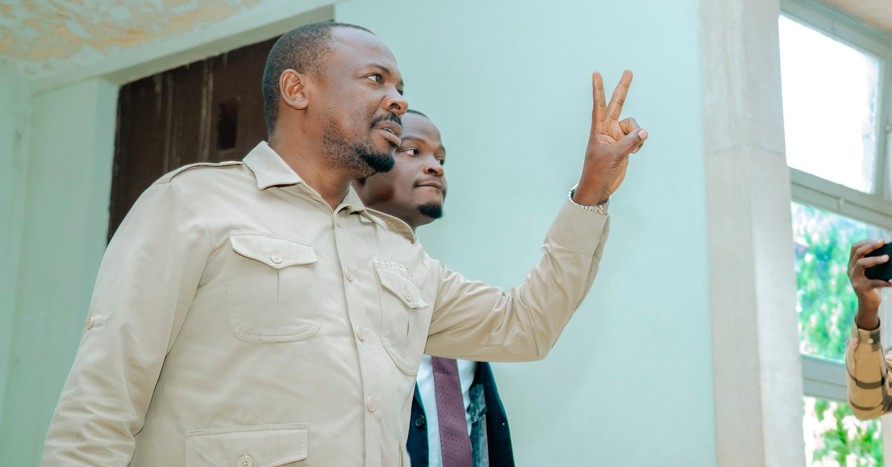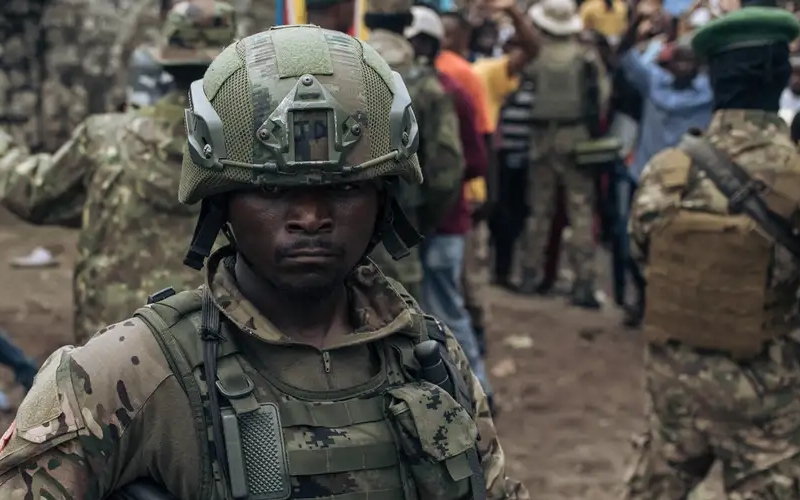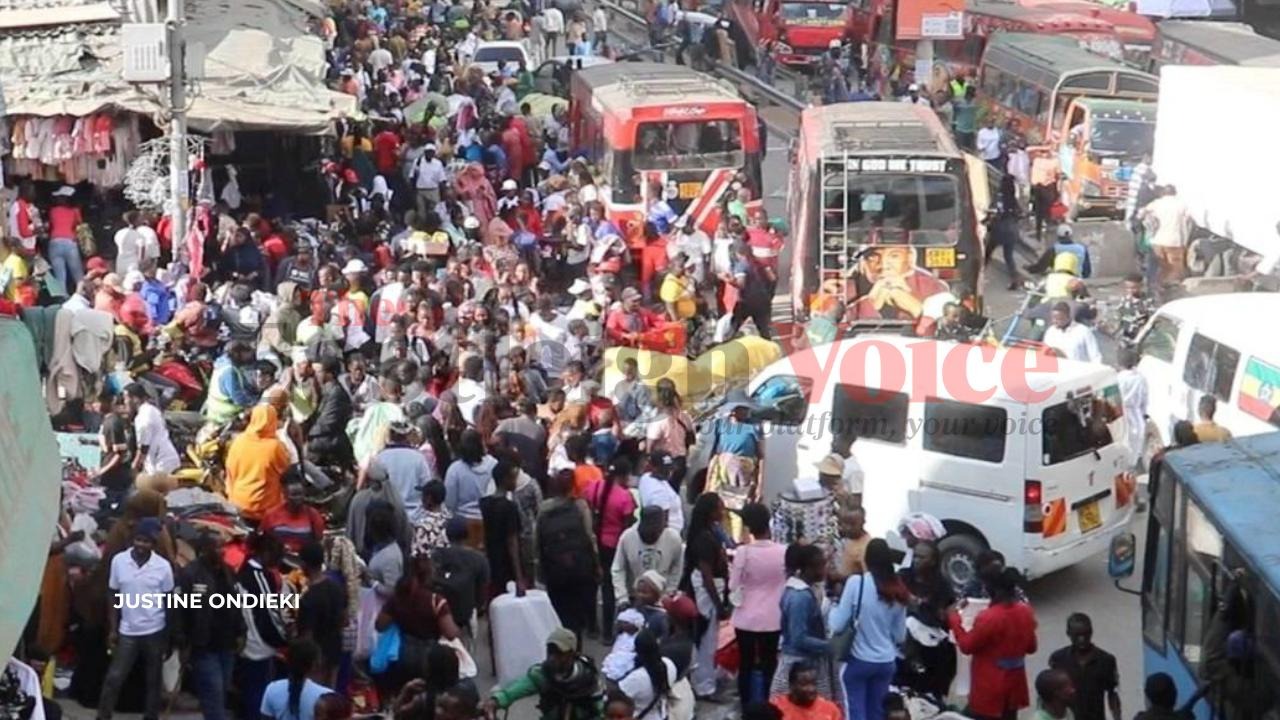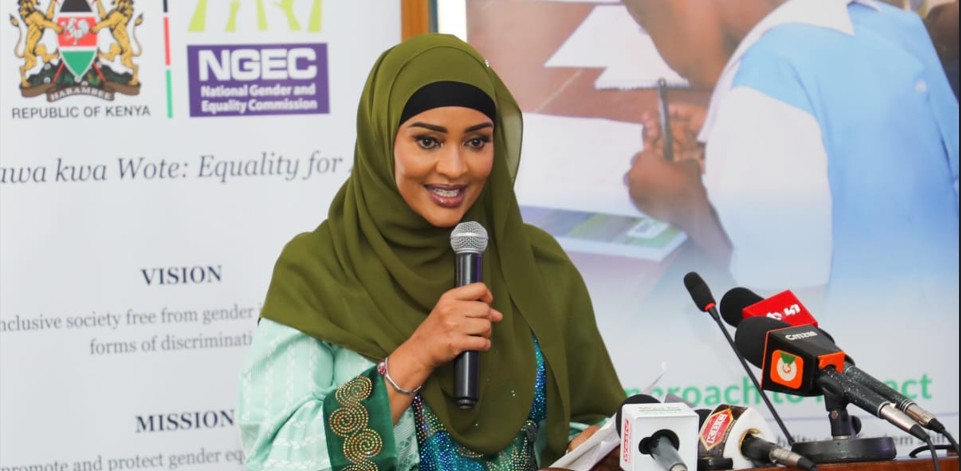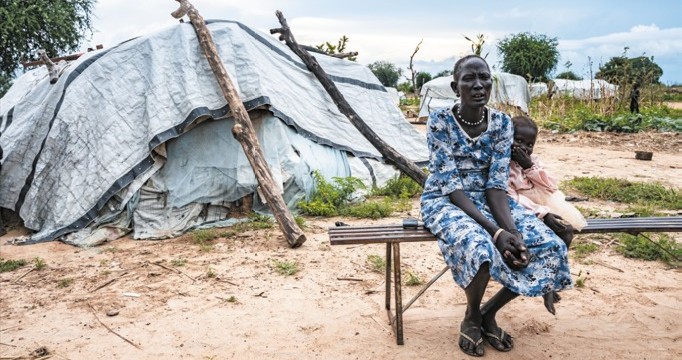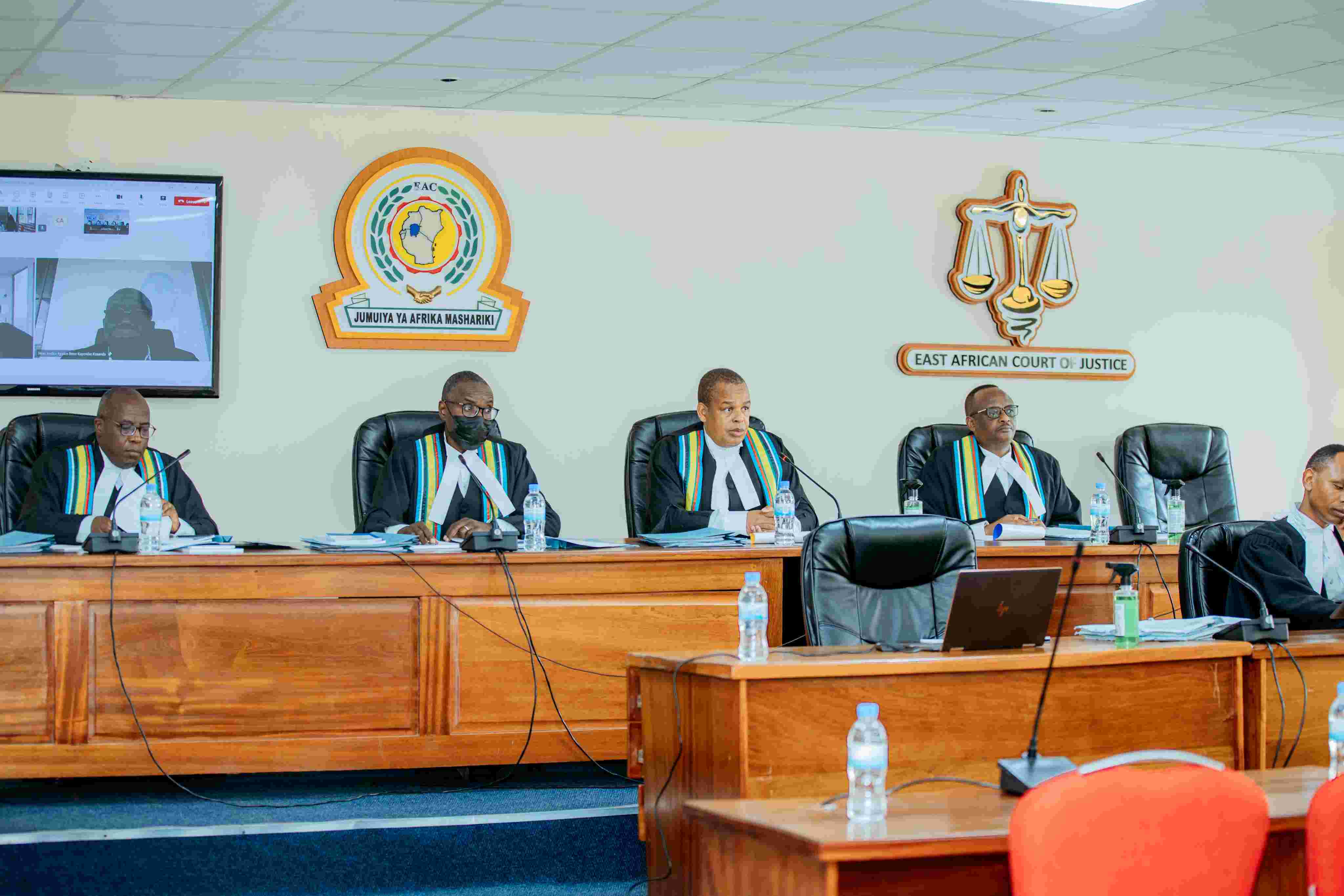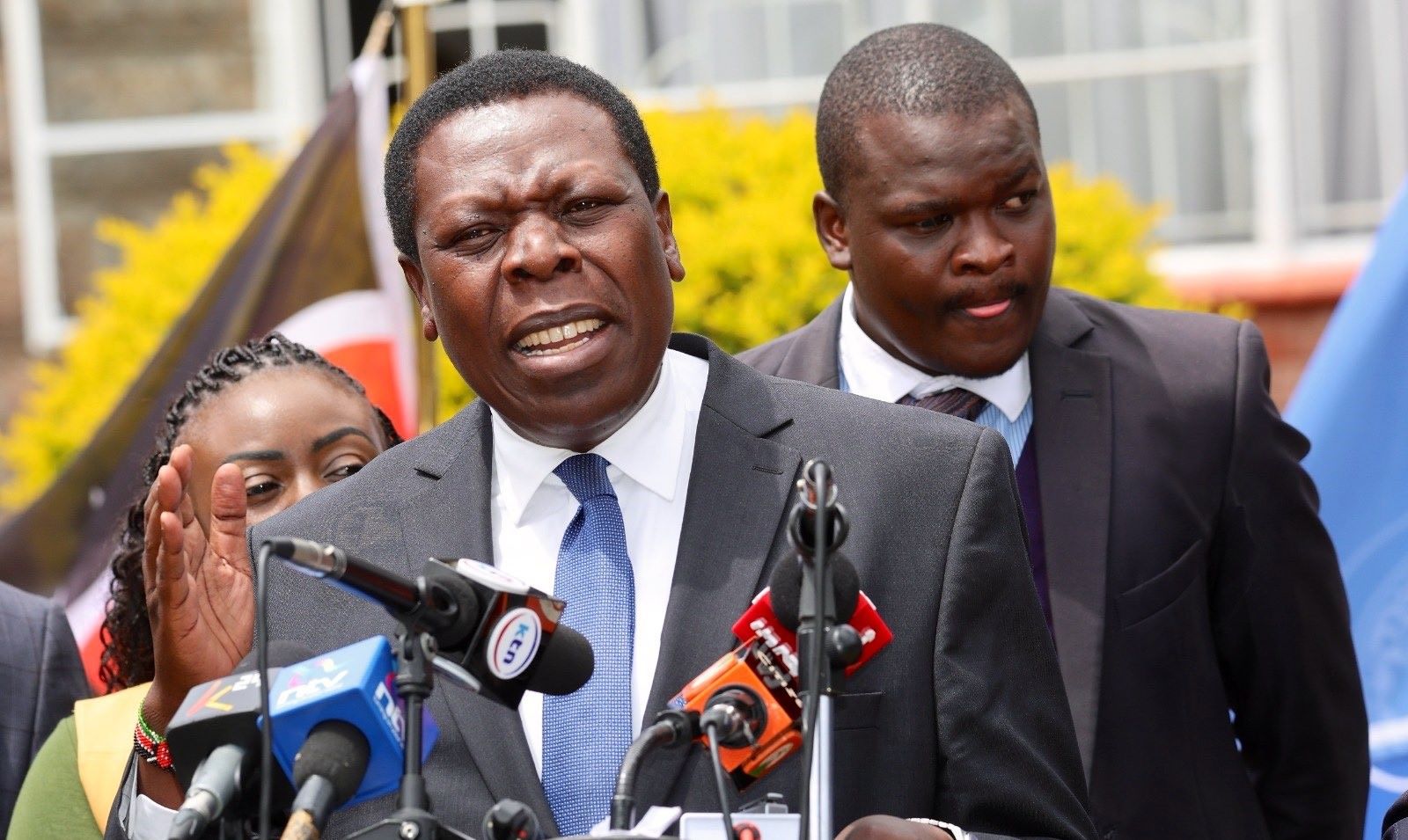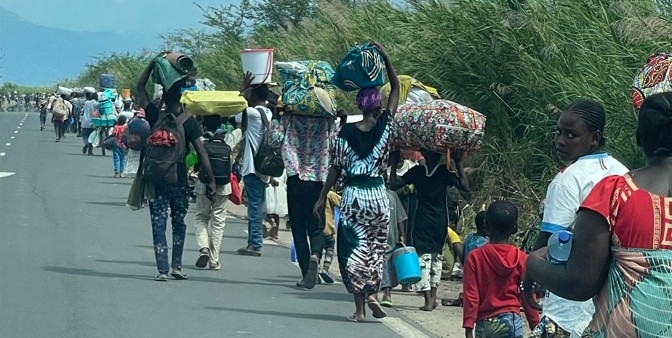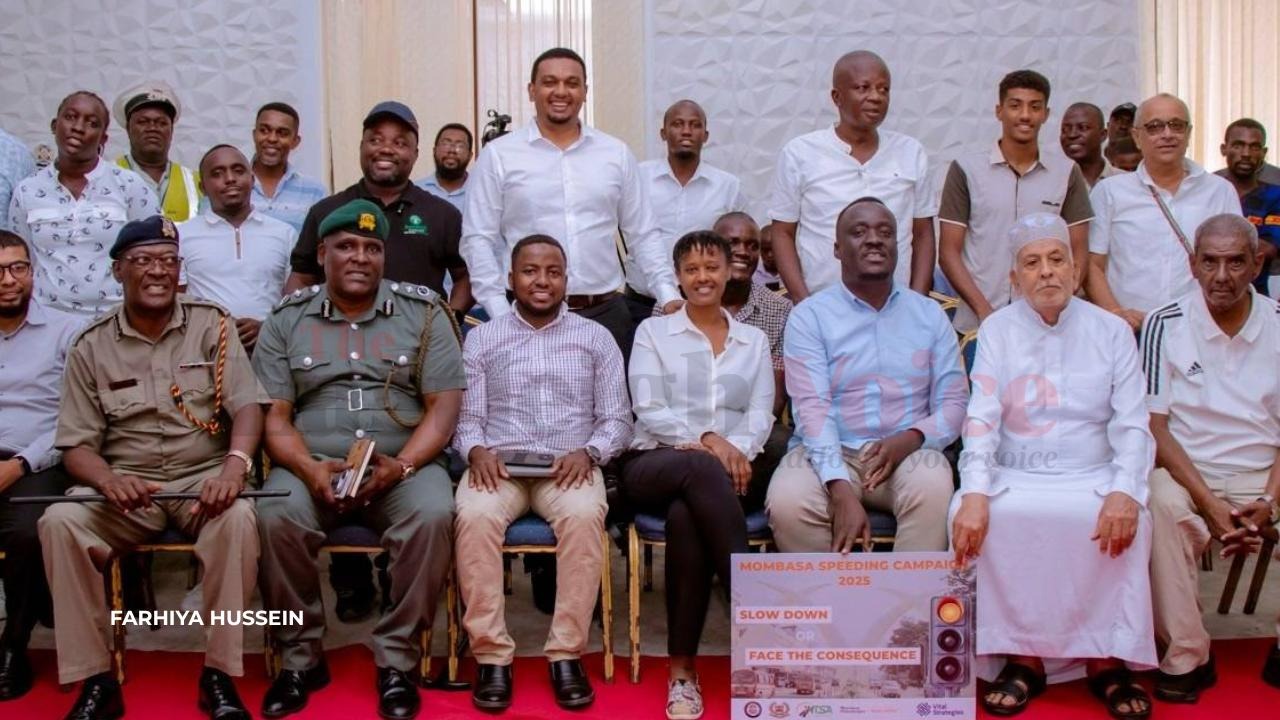Namibia marks first Genocide Remembrance Day, renews calls for justice from Germany

The national holiday will now be marked annually on May 28, a date selected to coincide with the closure of German-run concentration camps in 1907 following international condemnation.
For the first time in its history, Namibia has set aside a national day to honour the victims of the Ovaherero and Nama genocide, one of the earliest and most brutal atrocities of the 20th century, committed by German colonial forces over a century ago.
The ceremony, led by President Netumbo Nandi-Ndaitwah and Vice President Lucia Witbooi on Wednesday, featured the lighting of a ceremonial candle and a minute of silence in front of parliament in Windhoek.
More To Read
- Namibia declares mpox outbreak after confirmed case in Swakopmund
- Windhoek’s Old Location was a place of pain, but also joy - new book
- Anti-immigration politics contribute to racism in Germany
- Wildfires burn over 30 per cent of Etosha National Park in Namibia
- Namibia contains massive Etosha Park wildfire after devastating 34 per cent of reserve
- Lion chase triggers stampede that kills 90 buffaloes in Namibia’s Zambezi region
The national holiday will now be marked annually on May 28, a date selected to coincide with the closure of German-run concentration camps in 1907 following international condemnation.
The Namibian government announced the holiday in a statement, “This is part of our journey of healing. "
Between 1904 and 1908, German colonial forces systematically exterminated over 70,000 Ovaherero and Nama people in what was then called German South West Africa. The genocide was triggered by uprisings in response to the confiscation of indigenous lands and cattle, which the German administration responded to with brutal force.
The massacre was spearheaded by German General Lothar von Trotha, who issued an extermination order in October 1904 targeting the Herero population.
“This extermination order indicated that they were no longer going to take on any prisoners, women, men, anyone with or without cattle; they were going to be executed,” Namibian historian Martha Akawa-Shikufa told the national broadcaster NBC.
Herero survivors were forced into the Omaheke Desert, where many perished from thirst and starvation. Those who survived were captured and confined in concentration camps, where they endured forced labour, abuse, and starvation.
Death certificates were pre-printed stating “death by exhaustion,” highlighting the deadly intent of the camps.
The Nama community faced similar conditions. Human remains, including skulls and bones of genocide victims, were shipped to Germany for pseudoscientific experiments meant to support theories of racial superiority.
According to the World Without Genocide Organisation, the violence claimed the lives of an estimated 80 per cent of the Herero population, about 65,000 people and approximately half of the Nama population, estimated at 10,000.
Herero and Nama communities have long fought for acknowledgement, justice and reparations. For decades, Germany refused to admit its role in the genocide. It wasn’t until 2016 that Berlin officially acknowledged the atrocities, and in 2021, it announced a financial package worth over €1.1 billion (Sh161.23 billion) to be delivered over 30 years for development projects in Namibia.
However, the deal, which avoided using terms such as “reparations” or “compensation,” was met with widespread criticism from the descendants of genocide victims.
“That was the joke of the century,” Uahimisa Kaapehi, an Ovaherero descendant and Swakopmund town councillor, said.
“We want our land. Money is nothing. Our wealth was taken, the farms, the cattle.”
A joint statement from a group representing genocide descendants described the agreement as evidence of a “racist mindset on the part of Germany and neo-colonial subservience on the part of Namibia.”
Many Herero and Nama leaders also condemned the negotiation process, which excluded their participation. Community activists argue that true restorative justice remains elusive, and some have demanded the return of ancestral land now owned by the German-speaking minority.
“The German government is yet to atone for the genocide it committed on Namibian soil fully,” the then-President Hage Geingob said in 2023, criticising Berlin’s offer to support Israel in a genocide case at the UN’s top court while failing to reckon with its colonial past.
Historians, including German-American scholar Thomas Craemer, have pointed to Germany’s hypocrisy, noting that before launching its campaign of extermination, the colonial administration had forced Ovaherero and Nama people to pay so-called reparations in the form of livestock.
These amounted to about 12,000 cows, equivalent to between $1.2 million (Sh155.32 million) and $8.8 million (Sh1.138 billion) today, which Craemer argues should be included in the reparations owed by Germany.
The genocide also left behind a brutal colonial legacy. Namibia remains one of the most unequal societies in the world, and large portions of the country’s land are still owned by descendants of German settlers. The affected communities remain among the poorest and most marginalised.
In June 2024, a new draft agreement between Namibia and Germany reportedly reframed the €1.1 billion (Sh161.23 billion) package as an “atonement of guilt” and proposed an additional €50 million (Sh7.33 billion). The deal included plans for a formal apology, but the ambiguity of financial commitments and the continued lack of inclusion of victim communities have left many unconvinced.
As Namibia marks Genocide Remembrance Day for the first time, survivors’ descendants are using the occasion to renew calls for justice, land restitution, and a full accounting of history. For many, acknowledgement is not enough without action.
Top Stories Today
